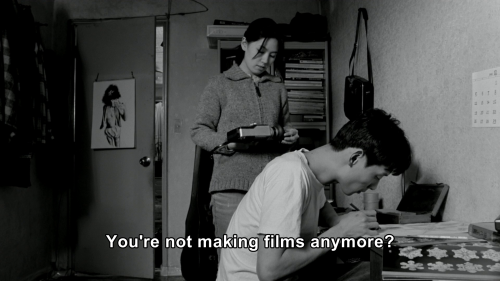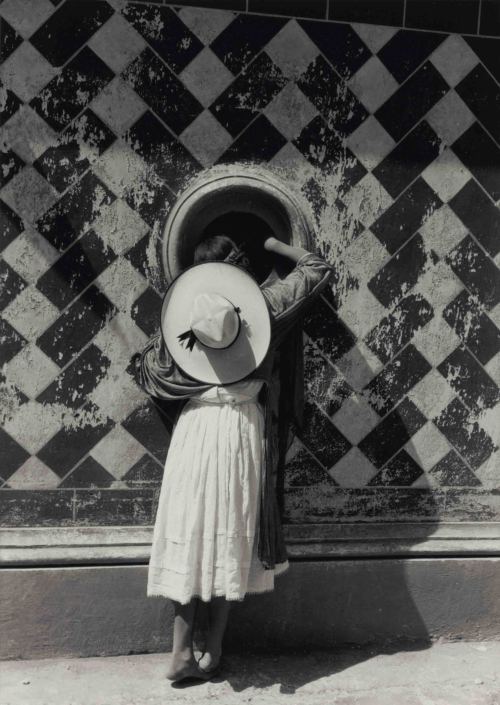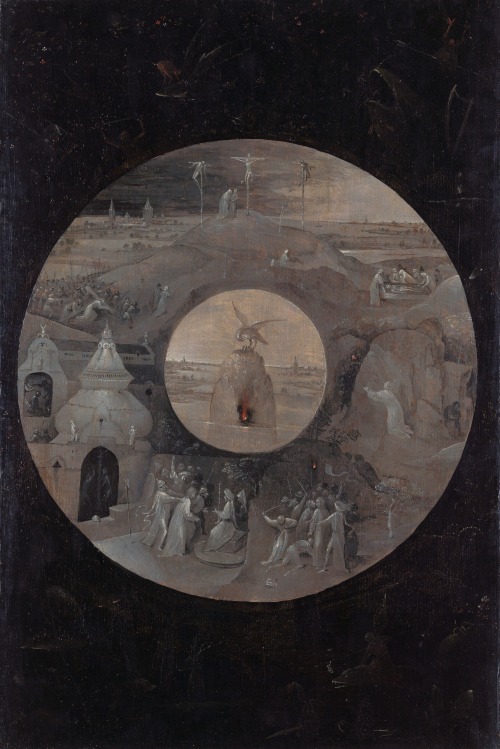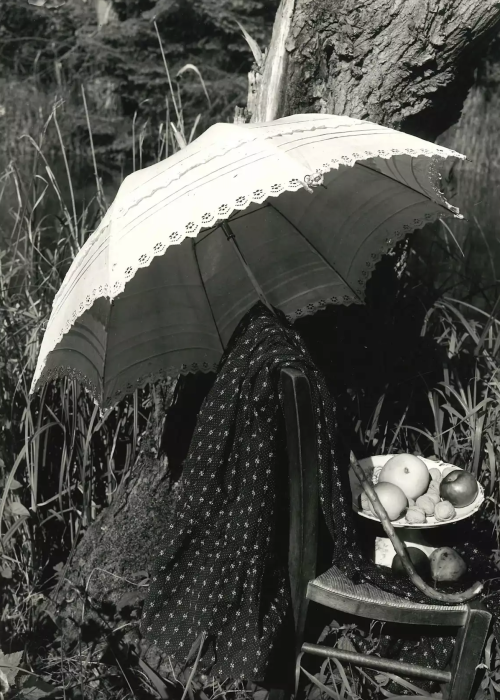
92 posts
Latest Posts by raskopal - Page 3


Pierre Bonnard. Marthe Bonnard , 1889-1901

Mount Wilson & Palomar Observatories, Milky Way (negative print), +/- 1950, United States.



Audre Lorde, (1976), Between Ourselves, in The Black Unicorn, W. W. Norton & Company, New York, NY, 1978, pp. 112-114


Hong Sang-soo
- Virgin Stripped Bare by Her Bachelors
2000

Manuel Álvarez Bravo
Mexico


Please share. DM me if you need direct links to anything. My commissions are also open, I can give a discount on those if needed.
5/24/2022


zoleikha with her handmaidens after her second dream of yousef / yousef and zoleikha united after potiphar's death, 16th c., iran
“I believe like a child that suffering will be healed and made up for, that all the humiliating absurdity of human contradictions will vanish like a pitiful mirage, like the despicable fabrication of the impotent and infinitely small Euclidean mind of man, that in the world’s finale, at the moment of eternal harmony, something so precious will come to pass that it will suffice for all hearts, for the comforting of all resentments, for the atonement of all the crimes of humanity, for all the blood that they’ve shed; that it will make it not only possible to forgive but to justify all that has happened.”
— Fyodor Dostoevsky, The Brothers Karamazov

Zaire, 1987
Chris Steele-Perkins

Girls in the garden at “Orphan City,” an enormous orphan refugee camp of more than 30,000 children managed by Near East Relief in Alexandropol (modern Gyumri, formerly Leninakan), Armenia, circa 1920.
“If you’re walking for a long time, You can’t think about tomorrow. If you’re walking for a long time, keep your eyes down and don’t falter. Wolves are growling in the mountains, they will come if you’re not wise. Wolves are growling by the roadside, and robbers prowling in the trees. One eye open when you’re sleeping, the night has many arms that touch you. One eye open when you’re waking, sometimes day itself can snatch you. If you dream of grapes in the arbor, you’ll wake up with stones for eyes. If you dreams of rivers winding, there’ll be gravel where you lie. And when your father falls behind, don’t cry, there’s always someone else. And when your mother falls behind, don’t cry, and then, there’s no one else. Never ask where you are going, the wind might blow your ashes there Never also where you are going, The wind is blowing everywhere.”
—
“Children’s Lullaby,” from So I Will Tell The Ground, a book of poetry by Egyptian-Armenian Gregory Djanikian
Cited along the poem, the testimony of “an Armenian child-survivor of a deportation, 1915”
About this time, Turkish or Kurdish women would come and take children away. Realizing that there was nothing but death facing us…my mother gave me to them. So these two women held my hand and took me away.

Hieronymus Bosch - Scenes from the Passion of Christ, Reverse of Painting “Saint John the Evangelist”. 1489

Pamela Singh, Chipko Women Hug Tree to Protect it from Being Cut in Northern Uttar Pradesh, 1994
“I have a longing for life, and I go on living in spite of logic. Though I may not believe in the order of the universe, yet I love the sticky little leaves as they open in spring. I love the blue sky, I love some people, whom one loves sometimes without knowing why. I love some great deeds done by men, though I’ve long ceased perhaps to have faith in them, yet from old habit one’s heart prizes them. I love the sticky leaves in spring, the blue sky — that’s all it is. It’s not a matter of intellect or logic, it’s loving with one’s inside, with one’s stomach.”
— Fyodor Dostoevsky, The Brothers Karamazov
inola gurgulia - “when I die, my dear, become a tombstone covering my grave”

Vera Nikolaevna Bunina (1881-1961)-translator, memoirist, author of literary articles,wife of the writer Ivan Bunin.








The Cow//Gaav گاو (1969) directed by Dariush Mehrjui
EVA FERRI: You insist on the centrality of the writing, you called it a chain that pulls up water from the bottom of a well. What are the features of your approach to writing?
ELENA FERRANTE: I work well when I can start from a flat, dry tone, that of a strong, lucid, educated woman, like the middle-class women who are our contemporaries. At the beginning I need curtness, terse, clear formulas that are free of affectations and demonstrations of beautiful form. Only when the story begins to emerge with assurance, thanks to that initial tone, do I begin to wait with trepidation for the moment when I will be able to replace the series of well oiled, noiseless links with a rusty, rasping series of links and a pace that is disjointed, agitated, increasing the risk of absolute collapse. The moment I change register for the first time is both exciting and anguished. I very much enjoy breaking through my character’s armor of good education and good manners, upsetting the image she has of herself, undermining her determination, and revealing another, rougher soul; I make her raucous, perhaps crude. I work hard to make the fracture between the two tonalities surprising and also to make the re-entry into the tranquil narration happen naturally. While the fracture comes easily—I wait for that moment, and slip inside it with satisfaction—I very much fear the moment when the narrative has to compose itself again. I’m afraid that the narrating “I” won’t be able to calm down. But above all, now the readers know her calm is false, that is won’t last, that the narrative orderliness will break up again.
— Elena Ferrante, Frantumaglia, 2016

2021-11-05 16.01.47.png

Florence Henri (Swiss, 1893–1982) Composition Nature Morte, 1939-5









Feelings unspoken are unforgettable. Nostalghia (1983) Directed by Andrei Tarkovsky

Dogwood and Dead Vine, 5 4 21, Photo by Joe Bruha, Copyright 2021






Old photographs of Pomaks, the Bulgarian Muslim community, from the villages of Kornitsa and Breznitsa in the Rhodope Mountains.
![“Back In 1924, He [Paul Robeson] Was Rehearsing The Last Act Of The Emperor Jones, And Script Called](https://64.media.tumblr.com/0c030b91cc5506c569672a1293f5caa8/07ef2ab123f91c88-2a/s500x750/a878b42adea620a05d3a33af93642b5006ec0341.jpg)
“Back in 1924, he [Paul Robeson] was rehearsing the last act of The Emperor Jones, and script called for Jones to exit, hands in his pocket, whistling a tune. Robeson said he couldn’t whistle. The director said, ‘Well, hum… or sing, if you want to.’ And that’s the beginning of his singing career.”
— From the documentary Paul Robeson: Tribute to an Artist (dir. Saul J. Turell, 1979)
“How quickly we exile the truth of love from the love of truth.”
—
Richard Jackson, from “The Rivers,” The Heart as Framed: New and Selected Poems (Press 53, 2022)
“Sevginin hakikatini nasıl da çabucak ayırıyoruz hakikatin sevgisinden.”
Yani diyor ki gerçek sevgi hakikatin sevgisinden (doğruluğa bağlılıktan) ayrılamaz. Ama genelde şöyle düşünmeye meyilliyiz: “Doğruyu bildiğim halde ona uygun davranamam. Eğer doğruyu söylersem dışlanırım (dokuz köyden kovulurum), daima doğruya bağlı kalırsam zarar görürüm, yoksa ben iyi biriyim ve gerçek sevgiyi hak ediyorum.” Hayır, etmiyorsun.

Roy DeCarava, Woman walking above, New York, 1950

@pursimuove






Andrey Tarkovsky: A Cinema Prayer (Andrey A. Tarkovsky, 2019)

The Choice of Evil © Marilyn Kirsch Abstract Painting and Photography by Marilyn Kirsch